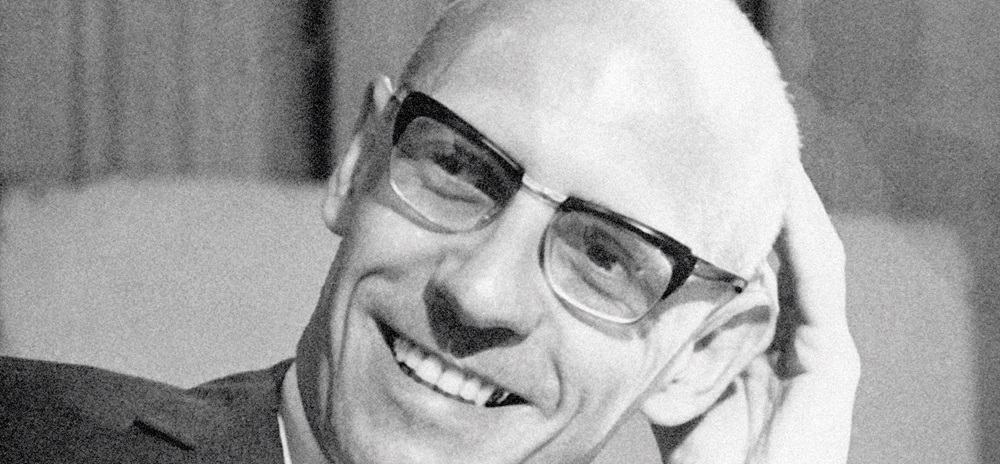
Philosophy: Gilles Deleuze, Critical and Clinical (Kedros Publications, translated by Chloe Koliri-Giannis Rigas, p. 249)
Gilles Deleuze (1925-1995) was undoubtedly one of the most important and influential philosophers of the 20th century in French political life. His radical way of approaching language and great works in a rethinking way left the patina of the classical in his writings over time, in such a way that they are not absent from academic literature today. In his collection of philosophical essays, Gilles Deleuze, whether dealing with Spinoza, Heidegger, and Nietzsche, or approaching novelists whose work is susceptible to philosophical discussion (Herman Melville, Thomas Edward Lawrence), always speaks of the problem of writing and the idea of the writer as an inventor who creates a new language within language. Despite his clinical style-as is, moreover, explicitly stated by the title of the work-Deleuze also does not miss the opportunity to express himself once in more vivid terms regarding authors: “The best authors possess special powers of perception that allow them to draw or formulate aesthetic perceptions as real visions, even if they are to return from them with reddened eyes.”
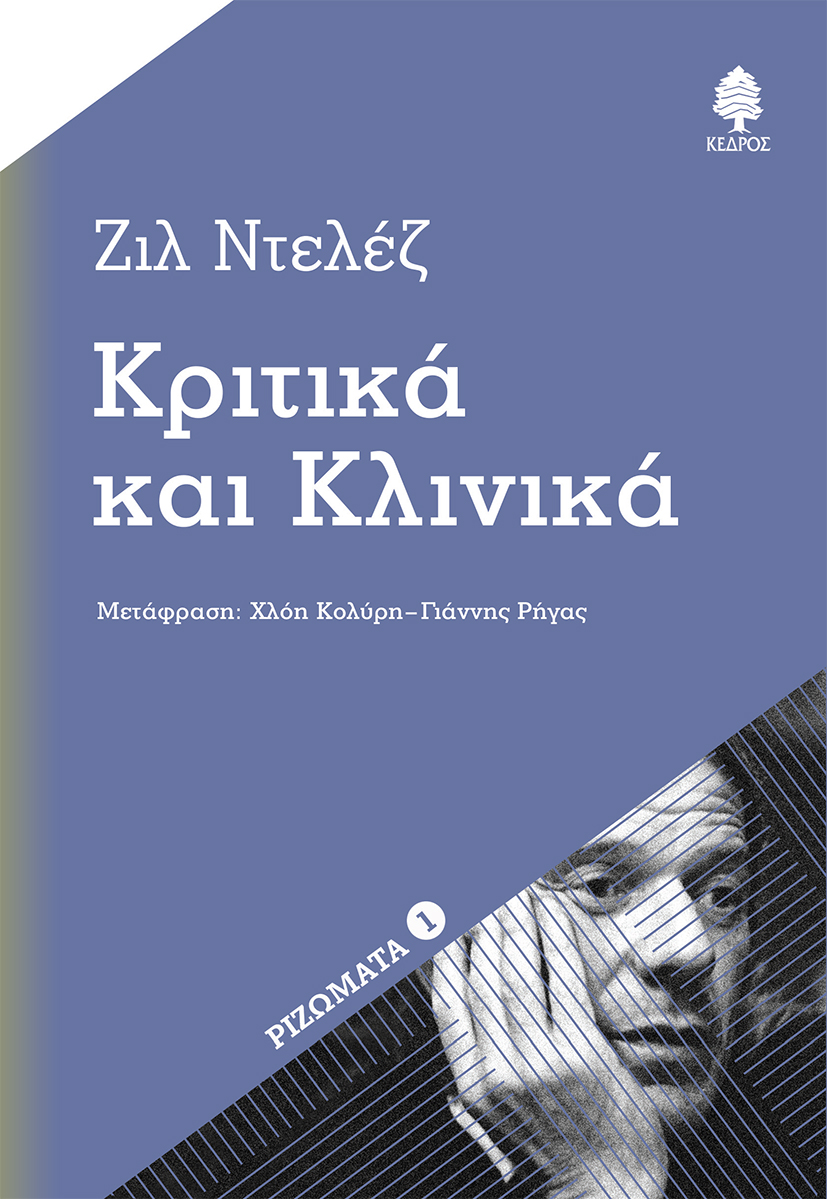
Essay: Margaret Atwood, Burning Questions (Psychogios Publications, translated by Vassia Tzanakari, p. 543)
The Canadian writer Margaret Atwood (1939-) has become known worldwide through her prose works, such as The Handmaid’s Tale, The Testaments and her lectures at foreign cultural institutions and universities. Many of these lectures, as well as essays she has written since 2004, are collected in the volume Burning Questions. In a caustic but always forthright style, reminiscent of the interventions of linguist Noam Chomsky, Margaret Atwood observes the world changing, from the terrorist attack against the Twin Towers in New York to Barack Obama’s presidency in the United States and his succession to power by Donald Trump. The important writer reminds us that “it is writers, and artists in general, who can remind us, in times of crisis or panic, that we are not just a voice, a statistic”, while re-reading her classic peers such as Charles Dickens, reflecting on the management of the pandemic and raising our awareness about the ecological catastrophe.
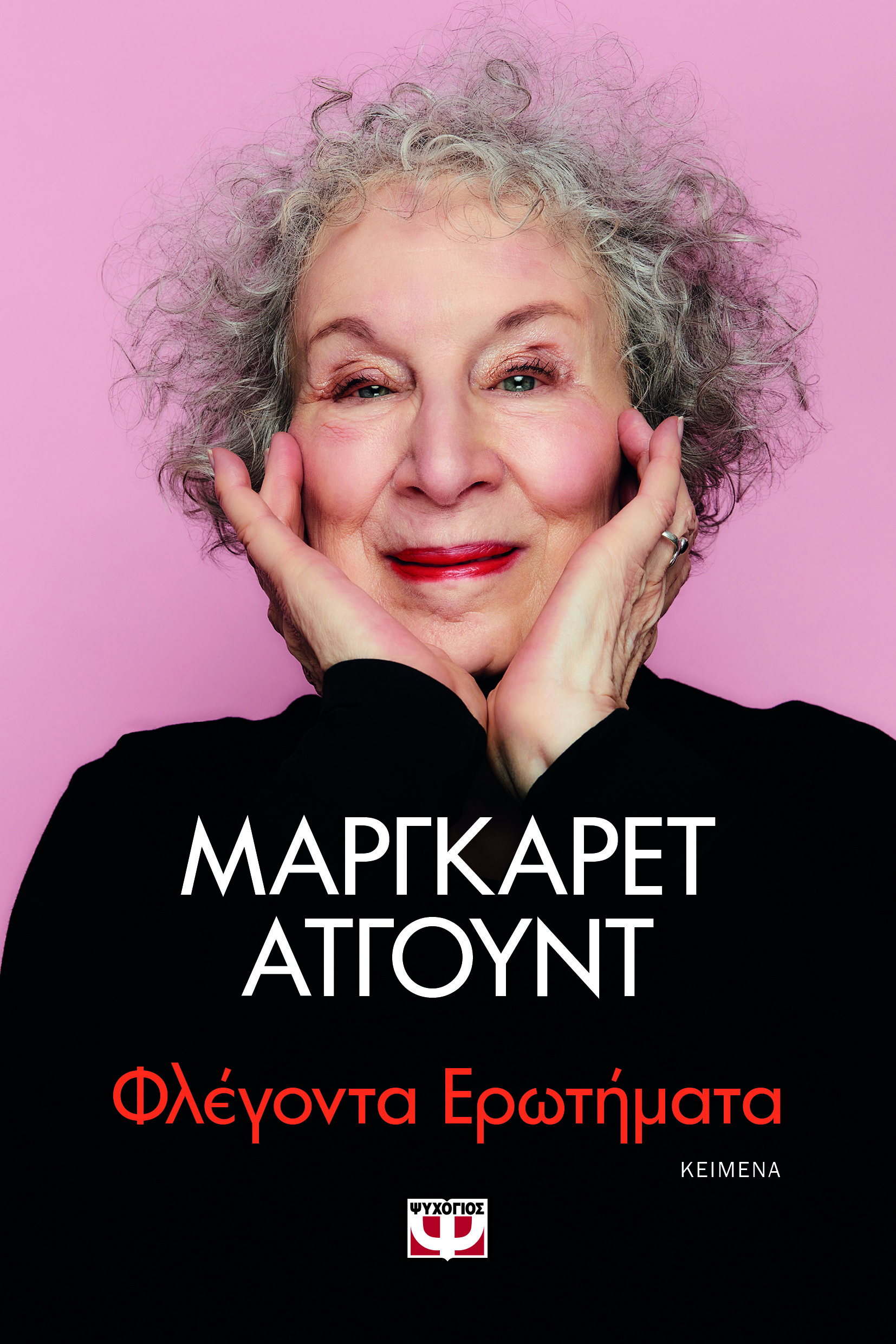
Autobiography-short story collection: Pedro Almodovar, The Last Dream (Dioptra Publications, translated by Maria Palaeologou, p. 215)
Pedro Almodovar (1949-) is widely recognised as one of the greatest Spanish filmmakers of all time, having won two Oscars, a Golden Lion and two prizes at the Cannes Film Festival. Stubbornly refusing to write a formal autobiography, he chooses to use this collection of twelve short stories to treasure his experiential and fictional writings, from his post-teenage years to the present day. The artist, who identified himself with Madrid’s raging artistic movements in the post-Franco era, mixes modes of narrative, from the avant-garde to melodrama and noir, criticizing centuries of Catholicism and entrenched patriarchy. Pedro Almodovar describes his most recent book as more of a “fragmentary, incomplete and somewhat enigmatic autobiography”, and the reader rightly enjoys the way the great artist’s life and work blend together on paper.
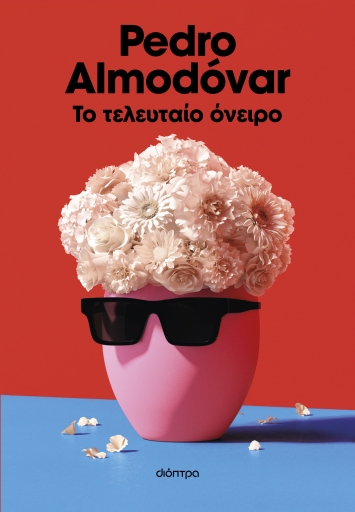
Essay: Roland Barthes, The Pleasure of the Text (Kedros Publications, translated by Foula Hatzidaki, Yannis Kritikos, p. 110)
Roland Barthes (1915-1980) is considered one of the leading thinkers of the 20th century, with writings of decisive importance in the fields of semiotics and structuralism. Speaking of the pleasure that literary narrative brings to the reader (and to himself), he structures his essay in short but meaningful paragraphs that remind us that the pleasure one derives from reading a text can even create a sense of eroticism. Introducing his idea of the “death of the author”, Roland Barthes observes that the author is now left “stripped bare” and his work acquires its significance thanks to public opinion and the ways in which it perceives it.
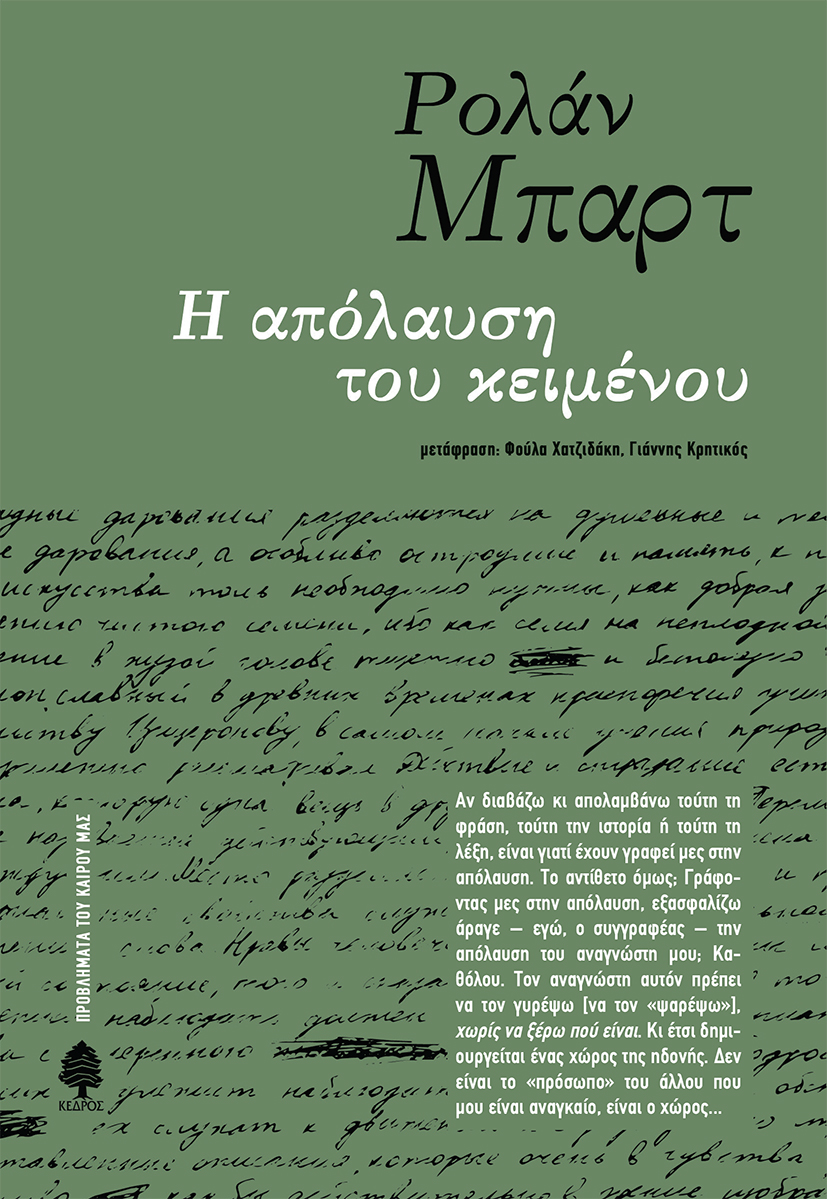
Philosophy: Michel Foucault, The Government of Self and Others: Lectures at the College of France, 1982-1983 (Hestia Publishers, translated by George Karabelas, p. 668)
Michel Foucault (1926-1984) in his lecture cycle at the College of France returns to ancient Greek philosophy and to the concept of parrhesia-that is, the courage of opinion and the free-mindedness of the citizen. These are issues that are still a matter of public debate today, as more and more of the world’s citizens feel insecure because of the excessive use of politically correct discourse and the development of artificial intelligence software. Talking to his audience, Foucault recalls that: “Just because everyone can speak, does not mean that everyone can tell the truth”, and observes that democracy is sustained through dialectical conflicts. Furthermore, he insightfully identifies the paradox that many people observe in the world today: “There is no democracy without true talk, but democracy threatens the very existence of true talk.”
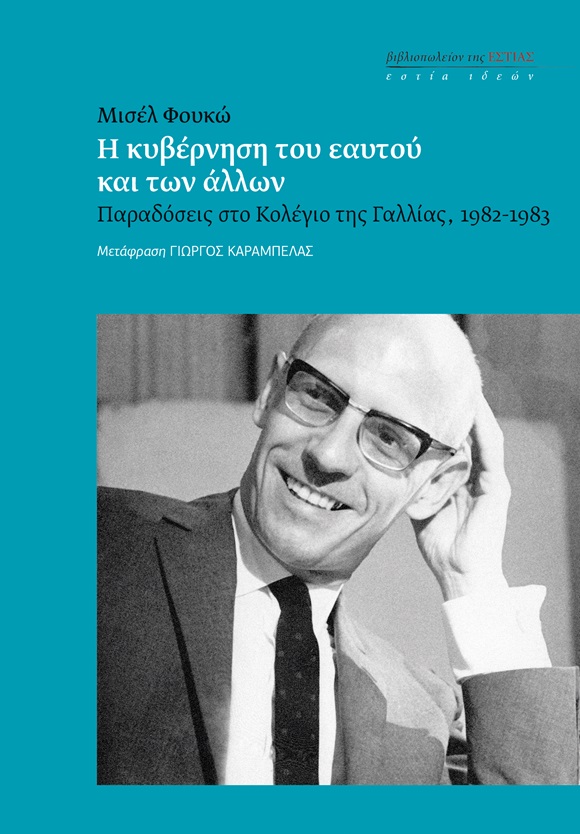
Fiction: Iris Murdoch, Under the Net (Dioptra Publications, translated by Efi Tsironi, p. 430)
British Iris Murdoch (1919-1999), who studied Classics at Somerville College, Oxford, is known for her rich body of work, including both novels and philosophical treatises on metaphysics, existentialism, and the work of Sartre. In her satirically tinged Under the Net (her first novel), the author introduces readers to Jake, a kind of usurper writer of ideas who, together with his eccentric servant Finn, becomes involved in the most absurd adventures. As one approaches the world of the British author, one discovers that ultimately Jake is the alter ego of all writers who struggle with their ghosts and influences until they find their own unique signature.
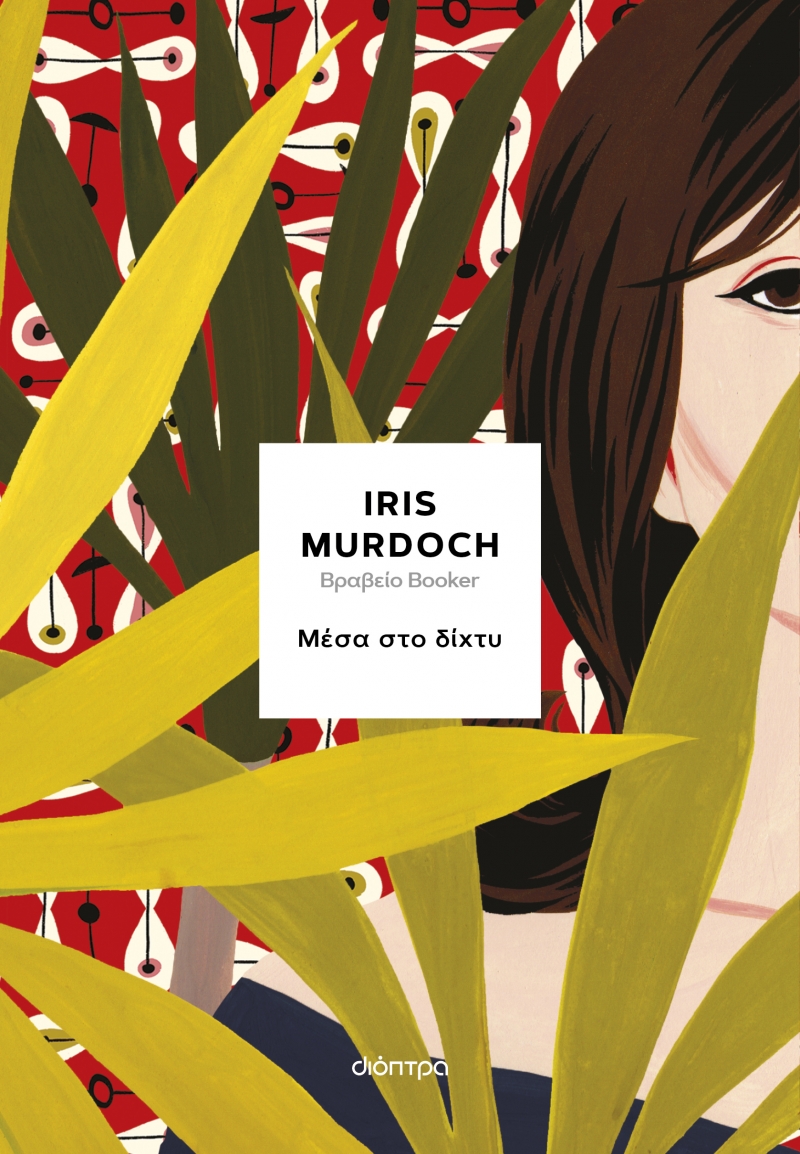
Educational Handbook: Zoe Gavriilidou, Teaching and learning language with ChatGPT (Kritiki Publications, p. 121)
It would be hard to imagine a more ideal researcher than Zoe Gavriilidou (1971-) if one would wish to have a mentor on learning about developments in language sciences and computational linguistics. The professor of linguistics at DUTH, is a pioneer in presenting the practical applications of artificial intelligence calculus in the modern educational process. Apart from being a handy tool for the instructor and the student, Ms. Gavriilidou’s book covers a multitude of topics on the linguistic subject while highlighting the importance of the ethical use of ChatGPT in education.
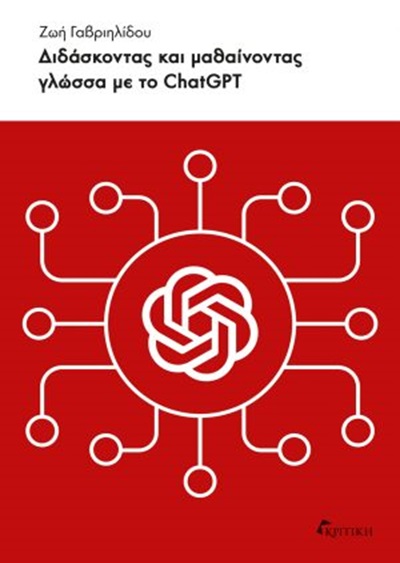
Essay Collection: Collective Work, The influence of ancient Greek literature in J.R.R.Tolkien’s works (Kedros Publications, translated by Maria Zygogianni, Krystallia Karamichou, Christina Laski, Thomas Mastakouris, Andreas Michaelides, Alkisti Mona, Angela Raftopoulou, Ilein Riga, Sofia Christofidou, p. 456)
The publication of the volume on the connection between Tolkien’s fictional universe (The Lord of the Rings, The Hobbit) and ancient Greek mythology is a real achievement. For the first time, the famous author’s work departs from a strictly cinematic approach and opens up an intertextual dialogue with characters such as Oedipus, Platonic philosophy and the Homeric world. Eminent scholars, prominent among them Gregory Nagy, identify similarities and differences between the two worlds, making every page of this collection revealing to the reader.
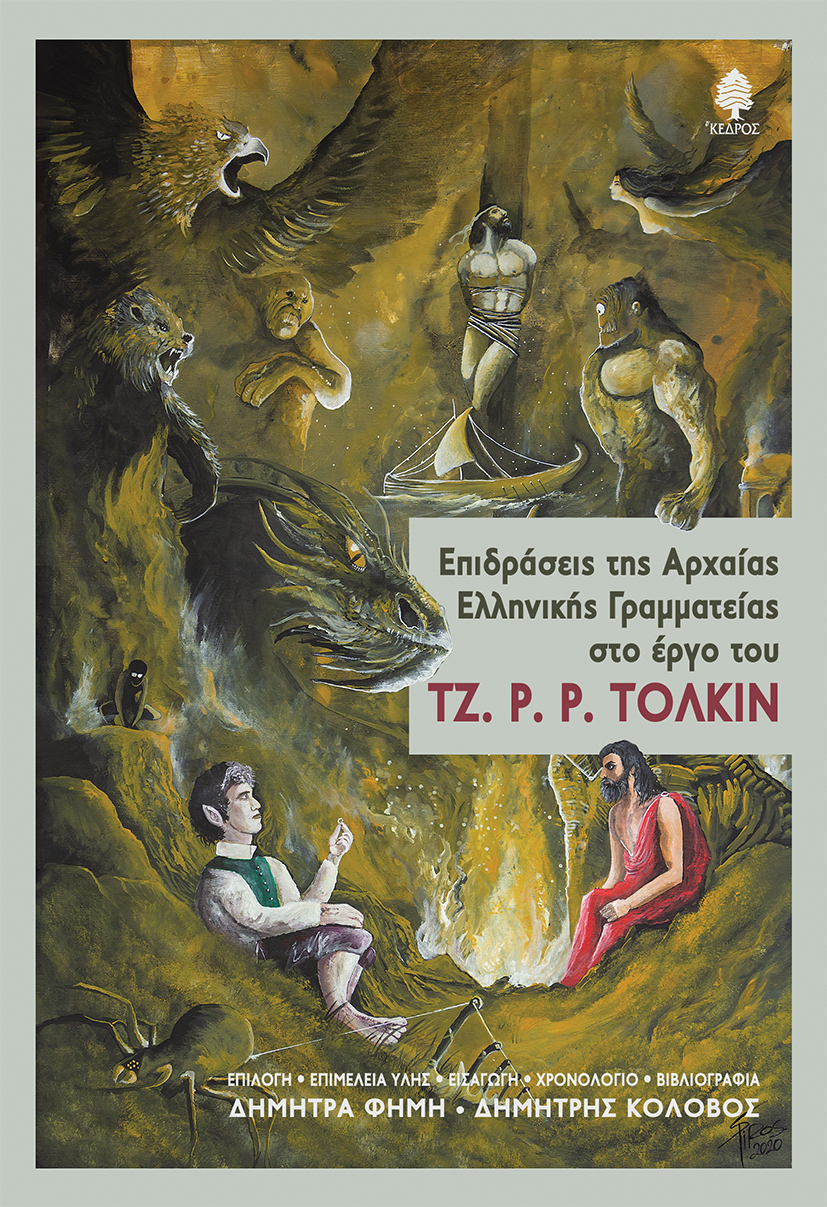

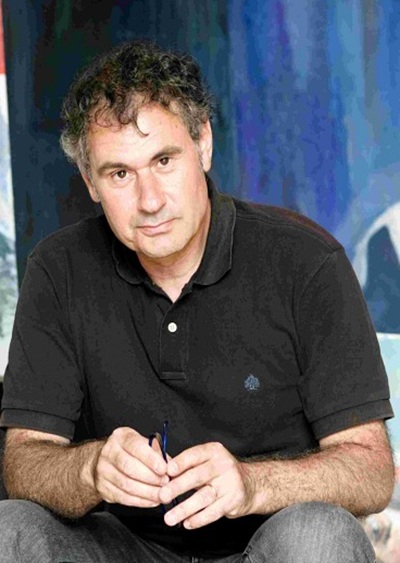

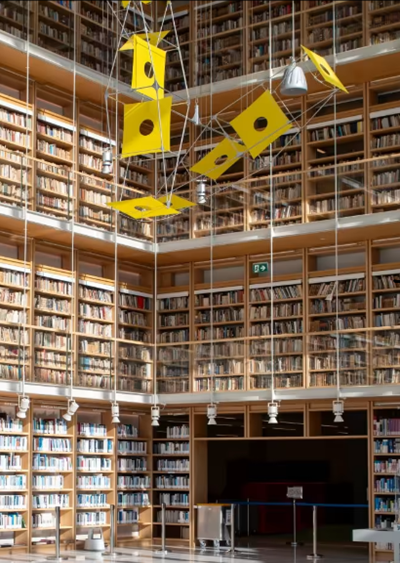
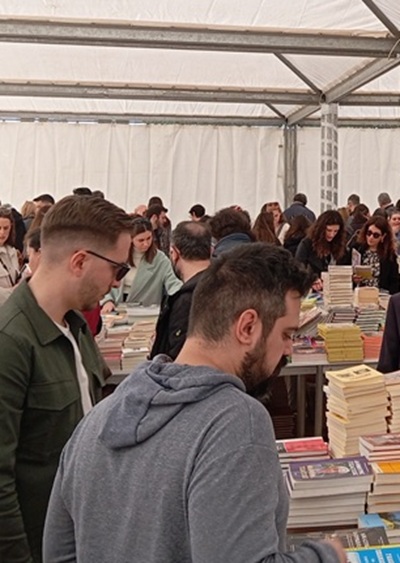


Leave A Comment